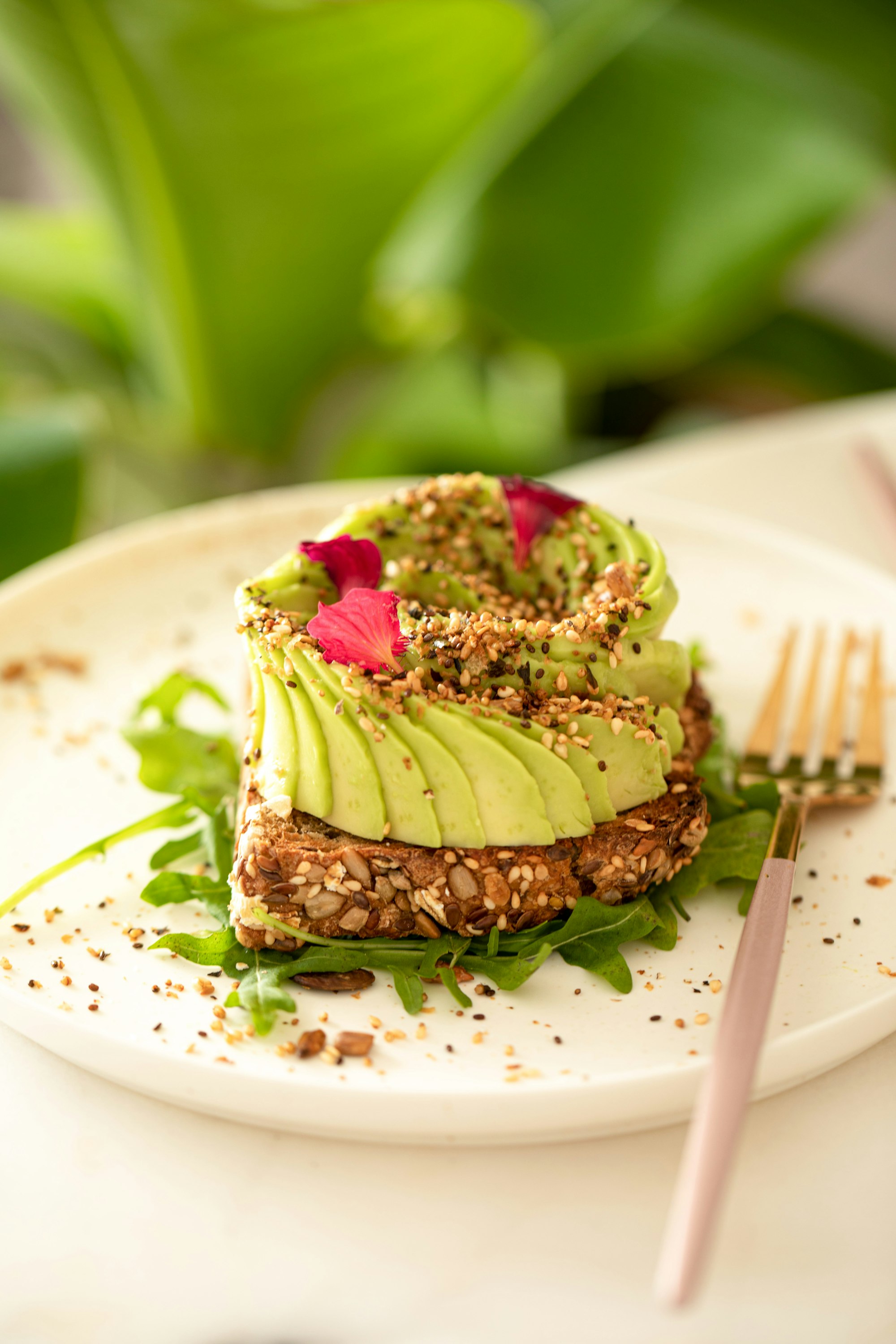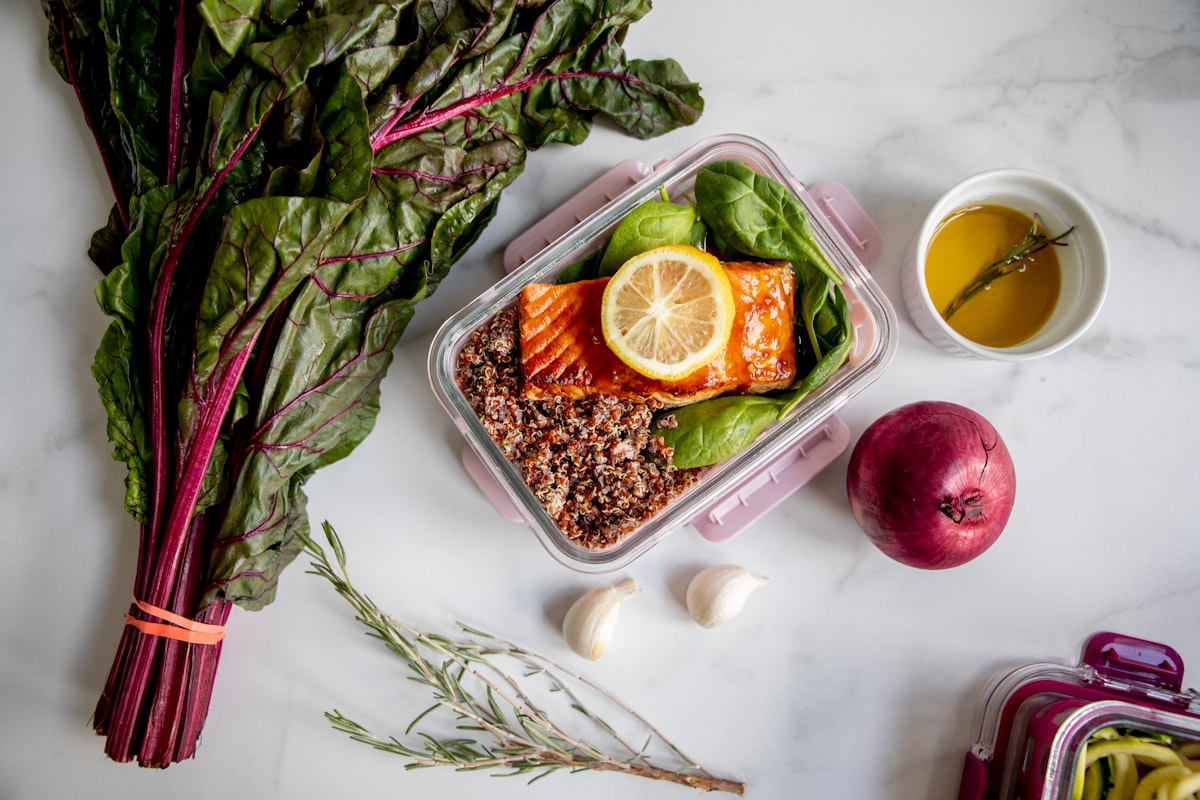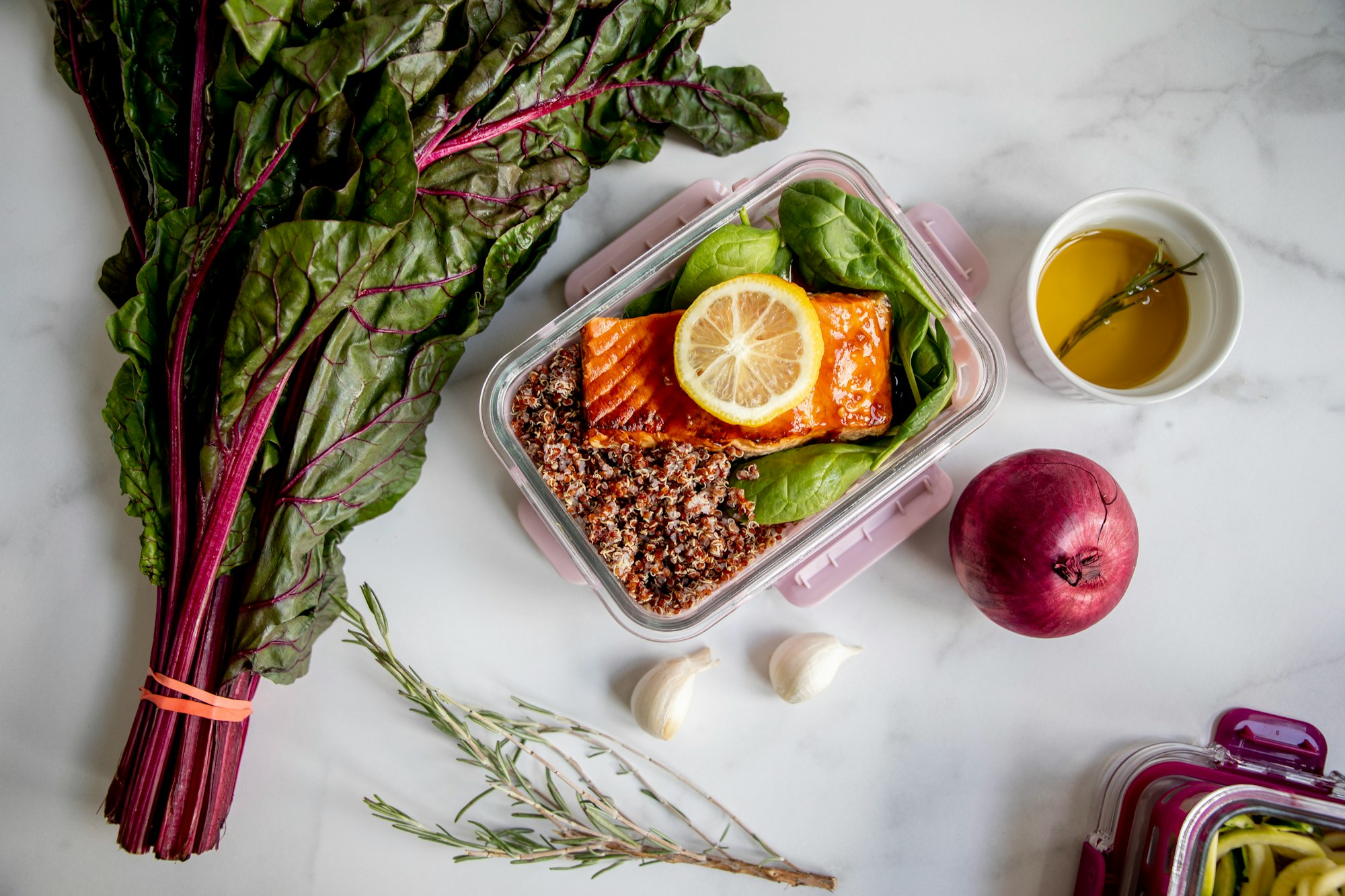Content Summary
Are you a vegetarian looking to ensure you are getting all the essential nutrients in your diet? Fats, including fatty acids, are an important part of any balanced vegetarian diet. However, not all fats are created equal. Saturated and monounsaturated fats can be made by the body and don’t need to be consumed through foods.
On the other hand, two polyunsaturated fatty acids — linoleic acid (omega 6) and linolenic acid (omega 3) — can only be provided by food sources. Let’s explore what vegetarian foods supply these essential fatty acids.
What Are Essential Fatty Acids?
Essential fatty acids (EFAs) are polyunsaturated fats that cannot be made by the body but must be obtained from food sources. There are two types of EFAs: linoleic acid (omega 6) and linolenic acid (omega 3). These EFAs play an important role in maintaining physical well-being and cognitive function. They also support healthy skin, hair, and nails.
Why do Vegetarians need to Take Fatty Acids?
Vegetarian diets often lack omega-3 because this type of fat is only found naturally occurring from animal sources such as fish oil or fish themselves; therefore if you’re following a vegetarian lifestyle you need to supplement your intake with suitable food sources comprising both omega 3 & 6 fats or consume fortified vegan products e.g.

Foods Rich in Omega-3s
Omega-3 fatty acids are essential nutrients that the body needs for normal metabolism, but cannot produce on its own. As a result, it must obtain omega-3s from food or supplements.
Omega-3 fatty acids can be found primarily in flaxseed oil and walnuts, as well as canola oil, olive oil, chia seeds, hemp seeds, kidney beans, lentils, soybeans/tofu/edamame/tempeh/soymilk products, winter squash/pumpkin seeds/green beans/Brussels sprouts/broccoli/cauliflower/turnip greens. Additionally, salmon and tuna offer a good source of omega-3s if eaten occasionally.
Consuming these omega-3-rich foods helps reduce inflammation in the body which may help decrease the risk of chronic diseases such as heart disease or arthritis. Research also suggests that consuming omega-3 fatty acids may help improve cognitive functioning such as memory, reaction time and focus while decreasing symptoms of depression or anxiety.
It is recommended that adults consume 1 - 2 tablespoons of a combination of omega-3-rich plant oils each day for optimal health benefits along with including whole grains and legumes in their daily diet for additional fiber intake.

Foods Rich in Omega-6s
Omega-6 fatty acids are found primarily in plant oils like corn, safflower, sesame, and sunflower. They’re also found in nuts like peanuts, walnuts, and almonds; seeds like flaxseeds; avocados; and dark leafy greens like spinach and kale.
When consumed in moderation through diet or supplementation, omega-6 fatty acids have been shown to offer several potential health benefits. These include reducing inflammation, promoting heart health, improving cognitive functioning, and helping with weight loss.
Inflammation: Omega-6 fatty acids can help reduce inflammation throughout the body by inhibiting proinflammatory molecules known as eicosanoids from forming within cells. Studies show that consuming omega-6 fats can help relieve symptoms associated with inflammatory diseases such as rheumatoid arthritis and asthma.
Heart Health: In addition to reducing inflammation throughout the body, omega-6 also has a positive effect on heart health by raising HDL (good) cholesterol levels while lowering LDL (bad) cholesterol levels.
This is achieved by increasing the production of useful proteins involved in breaking down fat and transporting it out of the blood vessels thereby preventing plaque buildup. Studies show consuming high amounts of omega - 6s can decrease risk factors for cardiovascular diseases such as hypertension and diabetes.

Cognitive Functioning: The brain requires adequate amounts of essential fatty acids like Omega - 6s for optimal cognitive functioning. Research indicates that these types of dietary fats are involved in cell membrane formation which aids communication between neurons, allowing them to exchange information quickly making learning easier. Additionally, Omega - 6s have been associated with improved memory recall capabilities.
Weight Loss: Research suggests that when included within regular exercise routines, daily consumption of Omega – 6 may support weight loss efforts by affecting hunger hormones leptin & ghrelin resulting in an improved feeling of fullness after meals which could lead to decreased caloric intake providing greater success when trying to maintain healthy eating habits over time.

Vegetarian Sample Menu Including Fatty Acids>>>
Breakfast: 1 bagel with 2 tsp vegan margarine, 1 medium orange, 1 cup Cheerios cereal, and 1 cup soymilk.
Lunch: Sandwich of hummus made with 3/4 cup chickpeas and 2 teaspoons tahini (a sandwich spread made from ground sesame seeds) on 2 slices of whole wheat bread with 3 slices of tomato and ½ sliced avocado.
Dinner: 1 cup of cooked pasta with 1/4 cup marinara sauce, 1/3 cup carrot sticks, 1 cup cooked broccoli (frozen or fresh), and 1 whole wheat roll.
Snack: 1/2 cup almonds, and 1 cup soymilk
Why You Should Add Flax Seed to Your Diet?
>>> Watch the Short Video
Conclusion
Getting enough essential fatty acids on a vegetarian/vegan diet is entirely possible with careful planning and choosing a variety of nutritious plant-based options throughout the day. Including healthy plant oils like flaxseed oil or hemp seed oil helps promote overall health while reducing the risk of chronic diseases caused by inflammation in the body.
Incorporating nutrient-dense whole grains into meals also helps boost the intake of essential fatty acids while providing additional fiber to keep us full longer between meals and snacks! With thoughtful meal planning it is easy to get all our nutritional needs met on a vegetarian/vegan diet!








